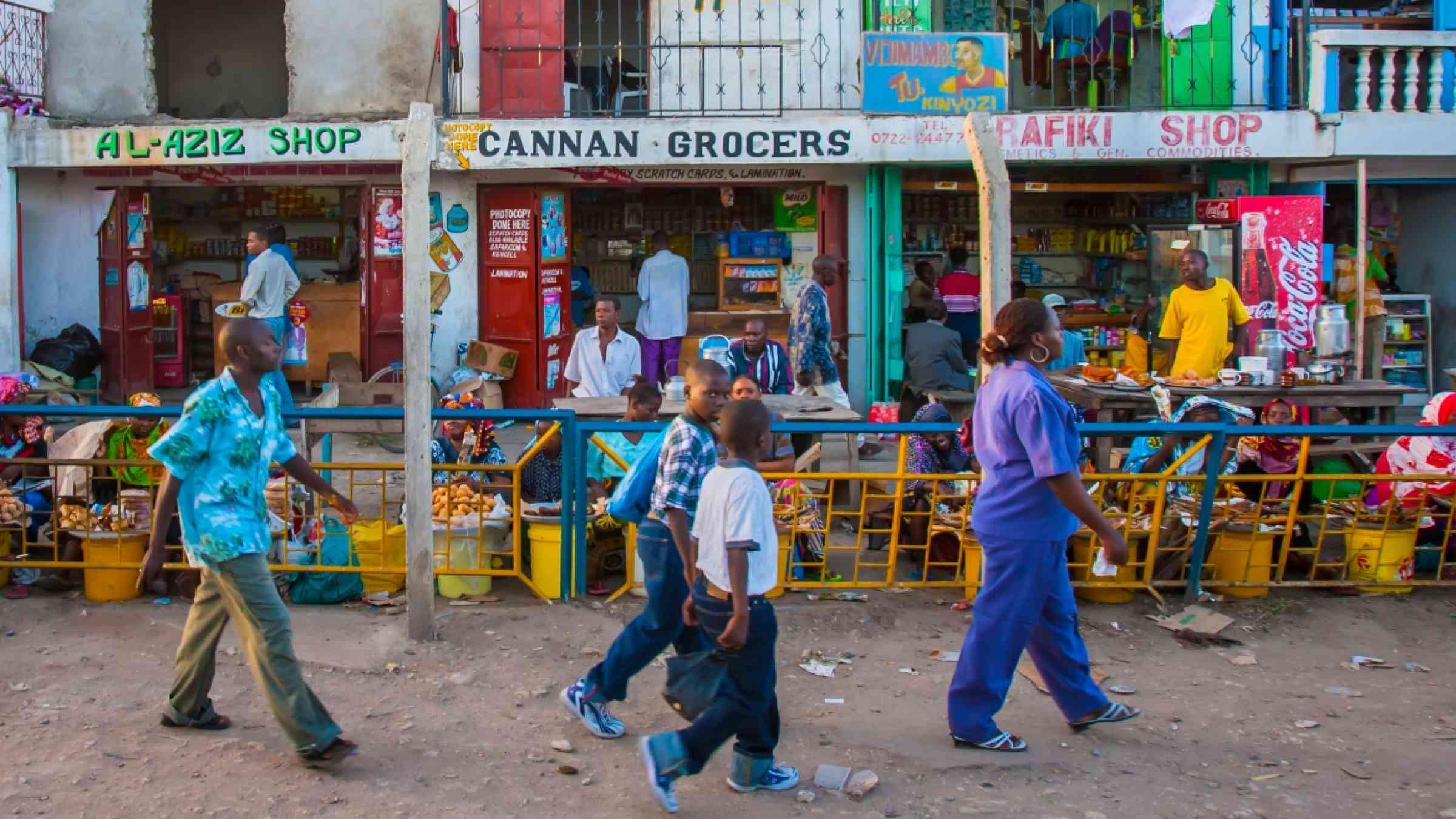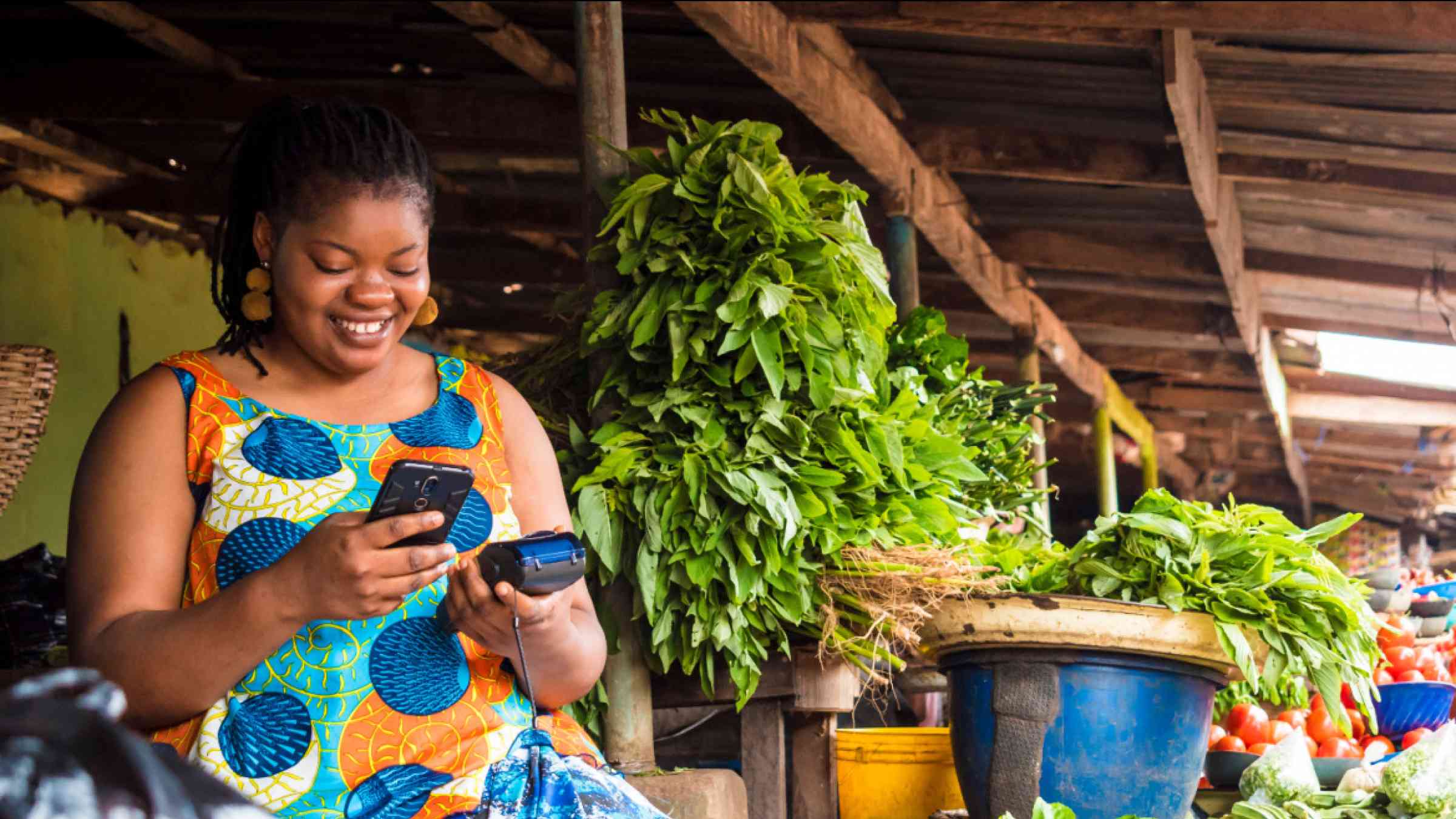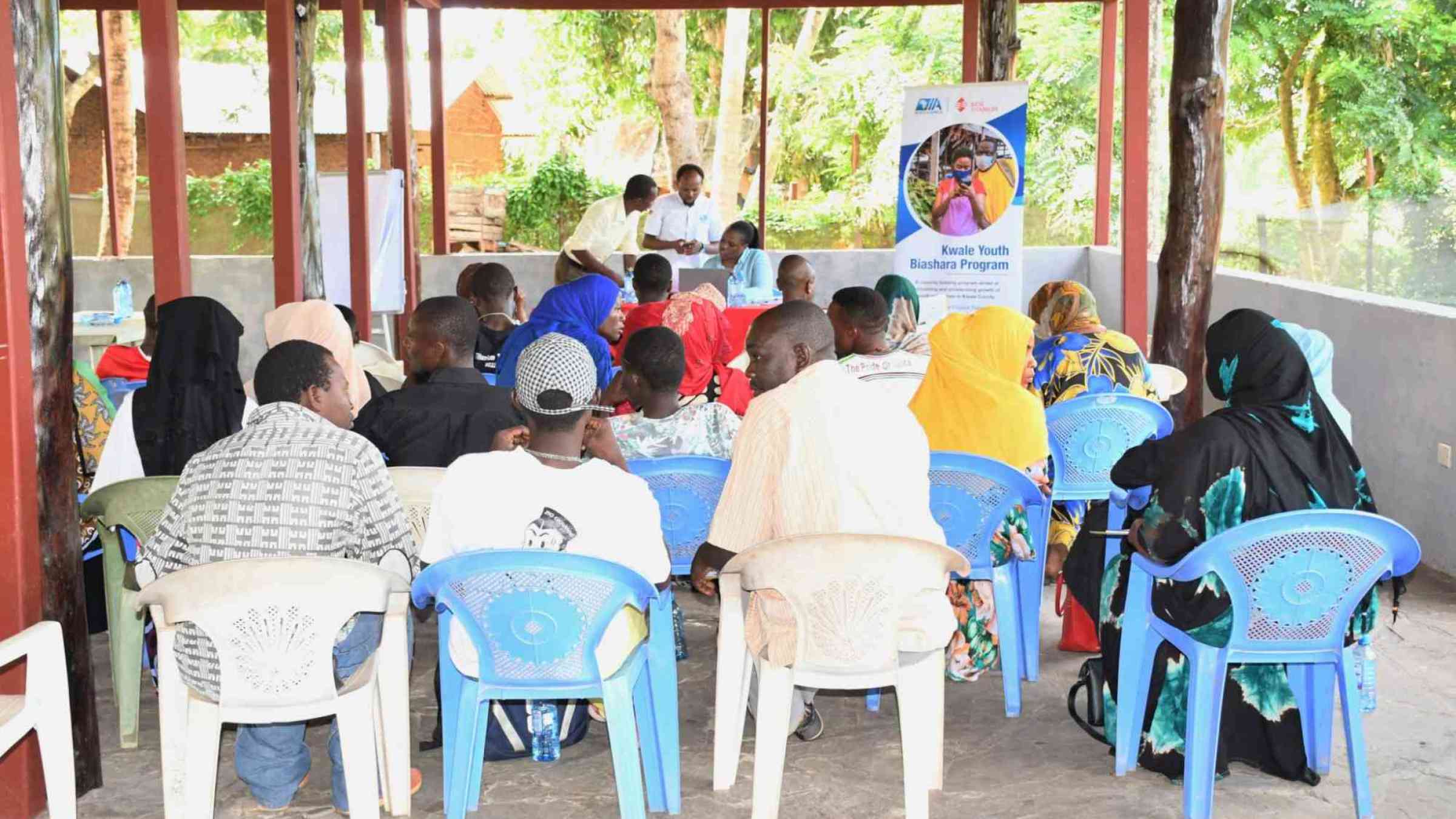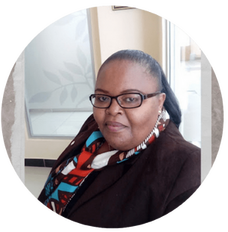Empowering Kenya's entrepreneurs: resilience lessons from the pandemic

In response to the challenges posed by the global pandemic, a collaborative effort supported by the Mastercard Foundation has led to the development and implementation of the IIA-Kenya MSME Resilience Programme, aimed at empowering Kenyan micro, small, and medium enterprises (MSMEs) to navigate through crises and emerge stronger than before.
As the Country Manager of Invest in Africa- Kenya (IIA-Kenya), I lead an active network of private companies, public bodies and donors that empowers African enterprises to effectively support and prosper African economies. The network focuses on supporting MSMEs to effectively identify and tackle the challenges of doing business in Africa, delivering more impactful and cost-efficient solutions.
The Kenya National Bureau of Statistics indicates that there are over 7.4 million MSMEs in the country, which employ approximately 14.9 million people in various sectors of the economy and contribute approximately 40 per cent of the Gross Domestic Product. When the COVID-19 pandemic struck in the year 2020, the restrictions put in place by the government at the time raised serious concerns about the future of these enterprises.

It prompted us to develop and roll out a comprehensive resilience program. With the support of the Mastercard foundation and informed by the reflections of a multi-actor task force, we scaled up the initial “survival toolkit” to address post-crisis challenges and accompany MSMEs in their recovery and resilience journey. This IIA-Kenya MSME resilience programme is guided by the Sendai Framework and empowers Kenyan MSMEs to proactively manage risks and build back stronger in the face of disruptions.
The IIA-Kenya MSME resilience programme
Drawing on this experience during the COVID-19 crisis, we recognized the need to establish a long-term disaster risk reduction (DRR) initiative tailored specifically for Kenyan MSMEs, and the need to foster a culture of preparedness and resilience across the sector.
I was enthusiastic for IIIA-Kenya to join the UNDRR ARISE Network for greater collaboration in building private sector resilience in Kenya. ARISE Network was launched in 2015 and aims to support the private sector in becoming a key partner in disaster risk reduction. Through local and national networks, enterprises join forces to invest in a risk-informed sustainable future. As a member of ARISE, IIA-Kenya is benefiting from UNDRR’s technical support on MSME resilience and risk reduction and has established connections with other ARISE members in the country and across the globe.
In parallel with this membership, resilience is the overarching theme of IIA-Kenya's work. Focusing on disaster risk reduction we identified two distinct gaps:
- The lack of a government framework for MSMEs disaster risk resilience.
- The lack of MSMEs' capacities to withstand disasters caused by a lack of awareness and resources.

Building on these gaps and committed to improving resilience, we engage in capacity building, awareness raising, policy engagement and advocacy. Over the last few years, we have made significant strides, including, the successful rollout of a program to enable young women to adopt environmental, social and governance (ESG) aspects in their organization through training, technical assistance and coaching. The third cohort of this programme will commence in March 2024, with the launch of an ESG Toolkit for MSMEs slated to be launched in June of this year.
We have numerous projects for this new year, including advocacy work towards the signing of an effective disaster management bill that views disasters comprehensively and focuses on risk mitigation rather than response. Additionally, we have activities targeting marginalised communities and fostering inclusiveness. This last point is particularly close to my heart. Coming from a place where not everyone had the opportunity to get an education and have a good career, I developed a passion for empowering others and I believe that to build community resilience, we need every member of the community to get involved and engaged.
Joining the ARISE Global Board
Motivated to represent the unique needs of African MSMEs, I joined the ARISE Global Board where I was elected Co-Chair in December 2023. As Co-Chair of the Global Board, I am committed to raising awareness among key public and private sector stakeholders of the risk reduction and resilience-building needs of MSMEs. I also aim to leverage my role to champion gender equality and social inclusion through DRR.
My passion for advocacy and leadership on DRR is already being turned into action. At the Arab-Africa Science and Technology conference in October 2023, hosted by the Government of Tunisia in collaboration with UNDRR, my fellow ARISE Africa coordinators and I met with multiple national Sendai Framework focal points to push for stronger collaboration and coordination with the private domestically and to identify public-private partnership priorities and opportunities.
The Global Board is an effective platform to gather fragmented efforts and make DRR accessible to the general public. My number one objective is to have many more people understand and commit to DRR to make a difference on their own, even as we pursue pivotal stakeholders to lead the change. I encourage businesses across the continent to join or create an ARISE network and take action to build more resilient societies.

Terry is the Country Manager for Invest in Africa – Kenya and the Co-Chair of the ARISE global board. She is a seasoned business professional with extensive experience in business development, executive education (training and consultancy), program management, business operations and public relations.
She has previously served as Head of Custom Solutions and as Program Manager at Strathmore Business School serving leading corporate clients and Small & Medium Enterprises (SMEs). Terry has a bachelor’s degree in commerce, a postgraduate diploma in Marketing and a master’s degree in business administration –Strategic Management.